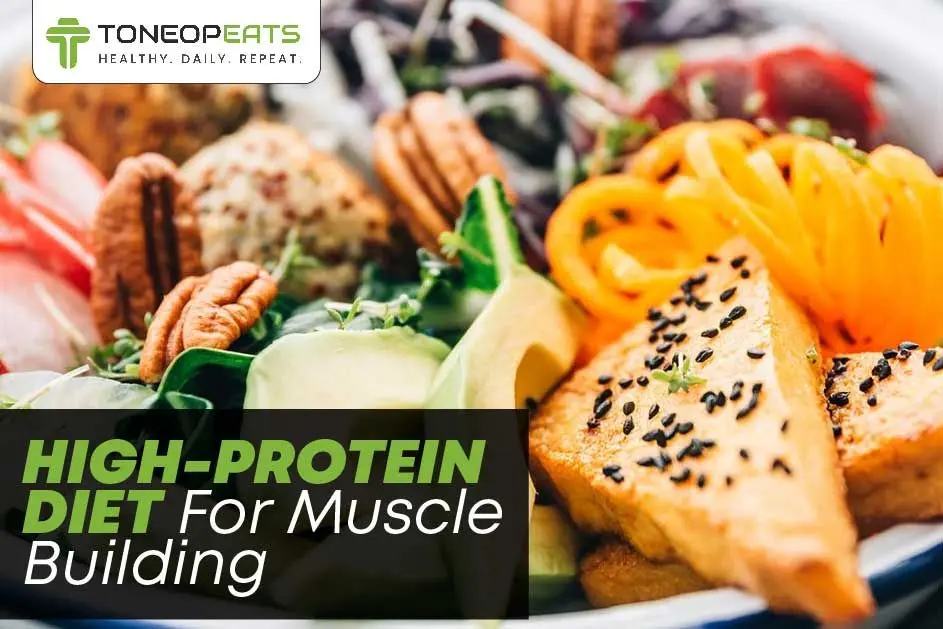Youth Unleashed
Exploring the vibrant voices and trends shaping the youth culture today.
Protein Pumping: Fuel Your Fitness Frenzy
Unleash your inner athlete! Discover the ultimate guide to protein pumping and elevate your fitness game today!
Top 5 High-Protein Foods to Boost Your Workout Performance
Incorporating high-protein foods into your diet can significantly enhance your workout performance. Protein plays a vital role in muscle recovery and growth, making it an essential nutrient for athletes and fitness enthusiasts alike. Here’s a look at the top 5 high-protein foods that can help you reach your fitness goals:
- Chicken Breast: A staple in many diets, chicken breast is incredibly rich in protein while being low in fat. One cooked chicken breast can provide around 26 grams of protein, making it an ideal choice for refueling after a workout.
- Quinoa: Often overlooked, quinoa is a complete protein source, containing all nine essential amino acids. With about 8 grams of protein per cup, it serves as an excellent plant-based option.
- Greek Yogurt: This creamy treat packs a punch with around 17-20 grams of protein per serving. It's perfect for post-workout recovery and can easily be mixed with fruits or nuts for added flavor and nutrition.
- Tofu: A fantastic source of protein for vegans and vegetarians, tofu provides approximately 10 grams of protein per half-cup serving and is exceptionally versatile in various dishes.
- Eggs: Often hailed as the gold standard of protein, eggs contain about 6 grams of high-quality protein each. They are not only nutrient-dense but also help in muscle repair and hormone production.

The Science Behind Protein Timing: When Should You Fuel Up?
The concept of protein timing is grounded in the understanding of how our bodies utilize protein for muscle repair and growth. Research suggests that consuming protein at strategic times throughout the day can significantly enhance muscle recovery and growth, particularly when paired with exercise. This principle revolves around ensuring that your body has a sufficient supply of amino acids during key periods, such as pre- and post-workout. Ideally, individuals should aim to consume a source of protein within 30 minutes post-workout to maximize the benefits of muscle protein synthesis.
Additionally, spreading protein intake evenly throughout the day can be beneficial, as studies indicate that consuming around 20-30 grams of protein at each meal promotes optimal muscle synthesis. This not only supports athletic performance but also aids in recovery and overall health. To effectively implement protein timing, consider planning your meals and snacks around your workout schedule, ensuring that your body has the necessary nutrients available when it needs them the most.
How Much Protein Do You Really Need for Optimal Fitness Gains?
When it comes to fitness gains, understanding how much protein you really need is essential for optimizing your training results. The recommended dietary allowance (RDA) for protein is 0.8 grams per kilogram of body weight for sedentary adults. However, for those engaged in regular exercise, especially strength training or endurance sports, this number significantly increases. Many experts suggest intakes ranging from 1.2 to 2.2 grams per kilogram, depending on your activity level and specific fitness goals. This ensures that your body has enough amino acids to support muscle repair, recovery, and growth.
To determine your personal protein needs, consider factors such as your age, sex, activity level, and the intensity of your workouts. Active individuals and athletes may benefit from consuming higher amounts of protein to maximize their muscle-building potential. In addition to total protein intake, timing also plays a critical role. Consuming protein sources within 30 minutes to two hours post-exercise can significantly enhance recovery and muscle protein synthesis. By focusing on your protein consumption, you can tailor your diet to support optimal fitness gains and achieve your performance goals.